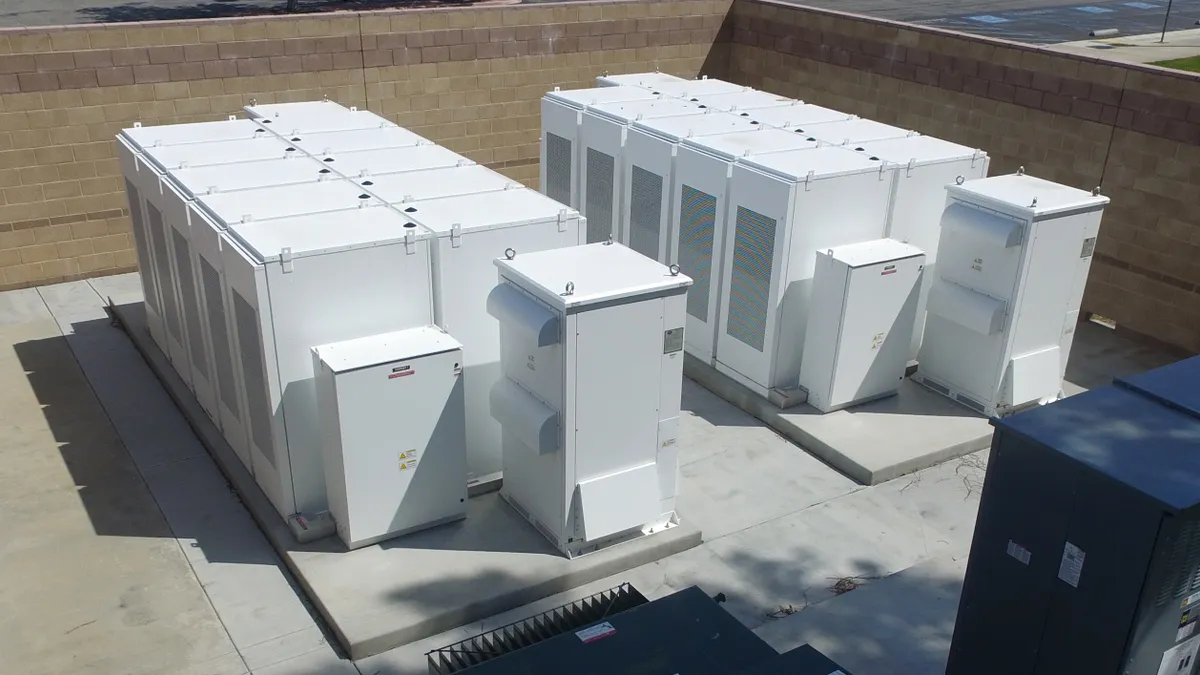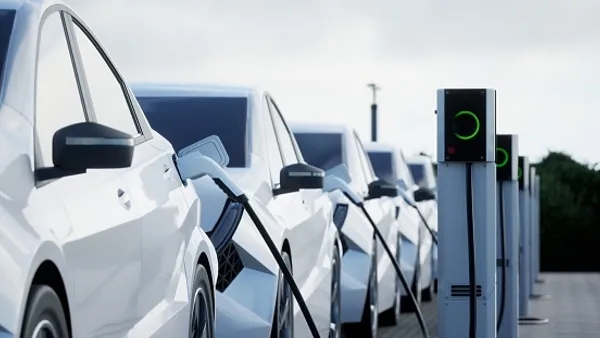Dive Brief:
- The Colorado Public Utilities Commission (PUC) has taken a major step toward advancing the state's use of battery storage, adopting an order on Wednesday to help integrate procurement mechanisms into utilities' long-term planning processes.
- The new rules require consideration of energy storage in utility planning processes, which advocates say is a "critical ingredient" to ensuring customer savings.
- State regulators and lawmakers have focused on energy storage in 2018 as the governor signed a measure on consumer-installed storage and the PUC approved an Xcel Colorado plan to retire 660 MW of coal in favor of storage and solar.
Dive Insight:
Colorado is preparing to boost its use of energy storage, especially since Xcel revamped its energy plan, committing to completely eliminate carbon emissions by 2050, and regulators are beginning to lay out rules to ensure batteries are included in utility planning processes when they acquire supply-side resources. The order approved this week by the PUC codifies the intent of legislation passed earlier in the year.
The new rules "establish requirements for a coordinated electric planning process that is to be conducted on a comprehensive, transparent, statewide basis." The PUC noted in its order that the commission "does not currently treat all electric facilities alike from the perspective of planning or procurement."
The Energy Storage Association in a statement celebrated the PUC's move, saying the new rules "raise the bar for including energy storage in utility planning."
Following the passage of then underlying legislation, ESA said the commission "took its own momentous step toward leveling the playing field for energy storage and other flexible technologies." Requiring consideration of energy storage in utility planning processes will be a "critical ingredient to ensuring the greatest savings for ratepayers," the group said.
A previous bill passed by lawmakers directed the PUC to adopt rules governing the installation, interconnection and use of customer-sited energy storage systems, setting some parameters for interconnection reviews.
Colorado's legislature "has made it clear that storage must be considered as an option for cost-effective electric service," ESA said in a statement.















